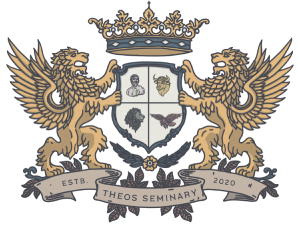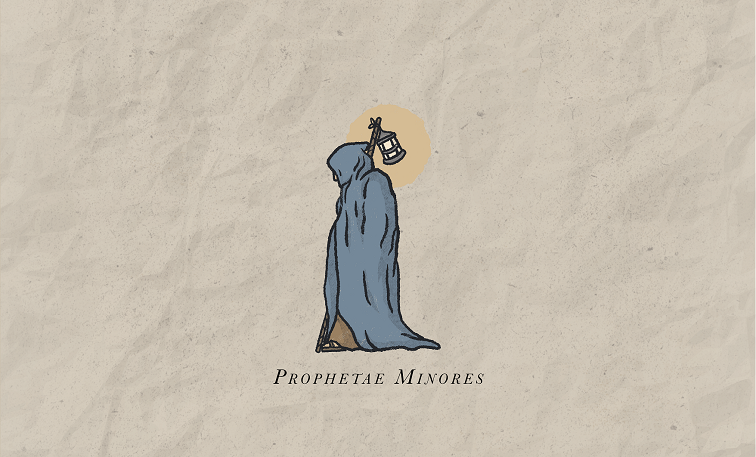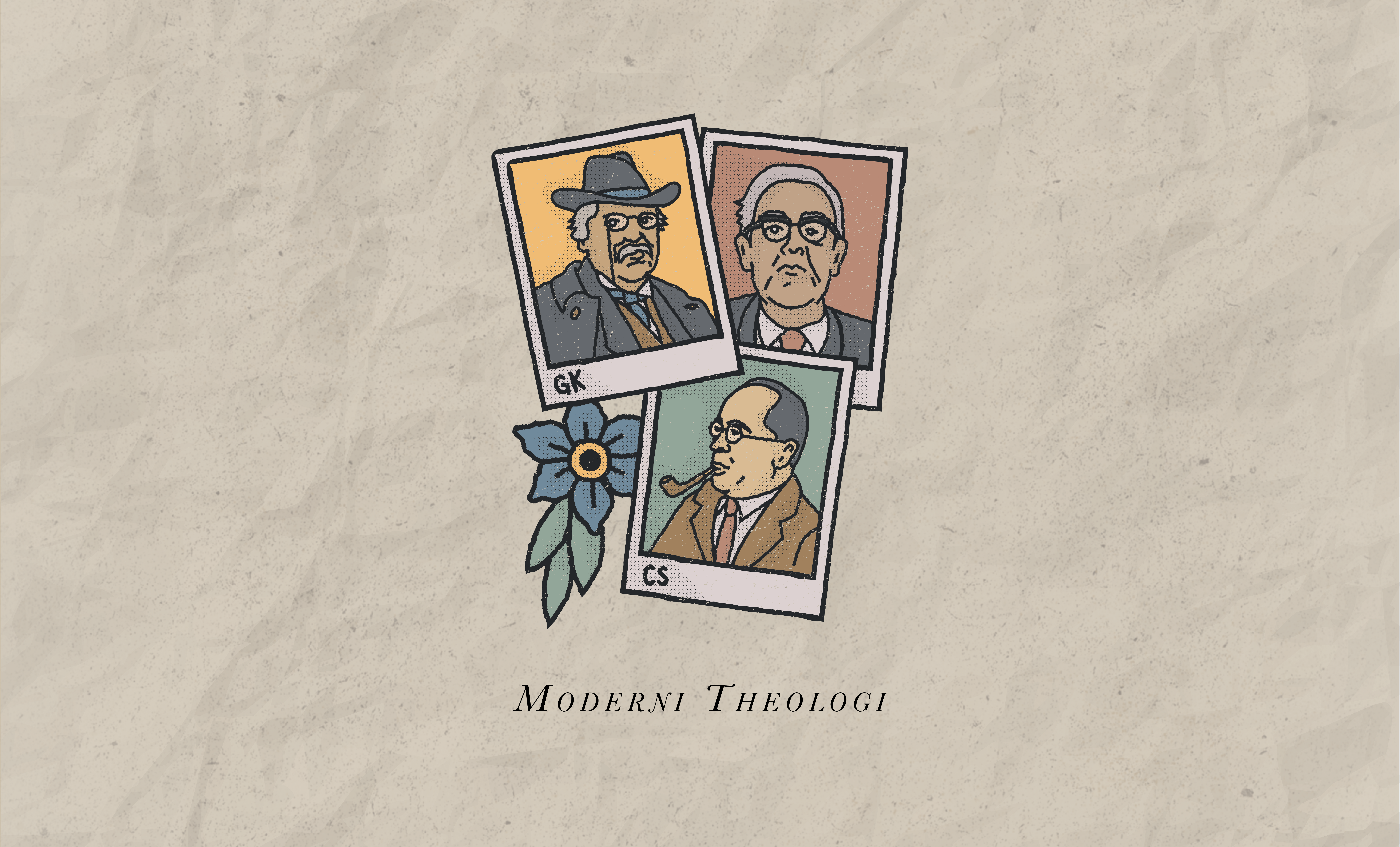
12 Courses

Acts
This course is designed to examine the book of Acts from a historical,
grammatical, and narrative perspective. Students will become familiar with
important historical and grammatical features of Acts as well as essential
ideas that a narrative reading of Acts yields. Students will become oriented to
the main themes in Acts as well as the general ideas in each chapter and how
they work together to form the entirety of the Acts narrative.

Ephesians
The purpose of this class is an in-depth survey of Paul’s letter to the Ephesians. Students will become familiar with historical, grammatical, and narrative features of Ephesians that further develop Paul’s theology.

Gospel of John
This course is a comprehensive overview of the Gospel
of John that orients the student to Johannine theology. The student will gain a
general understanding John’s Christology and presentation of Christ within the
Gospel.

Greek II
This course is the continuation of Greek I (LAN 200). It continues with
teaching the mechanics of learning
Koine Greek. It covers second aorist verbs, liquid verbs, third declension nouns, perfect and pluperfect
nouns, adjectives, adverbs, participles, pronouns,
infinitives, subjunctives, imperatives, optatives, and Mι verbs.

Hermeneutics III
The purpose of this course is to learn how to approach Scripture
narratively. Students will learn to examine different elements of biblical
storylines and show how they theologize. In doing narrative hermeneutics,
students will be able to recognize what the text is communicating both
explicitly and implicitly

Minor Prophets
The purpose of this course is to orient the student to the Minor Prophets. This includes the historical context of each prophetic book, the main themes, and messages of the prophets.

Modern Theologians
The purpose of this class is to examine the lives and writings of the brightest and most influential theological minds of the modern period. These include G.K. Chesterton, Karl Barth, Dietrich Bonhoeffer, and C.S. Lewis. Students will come to understand their theological contributions and recognize how their writings have influenced our current theological thinking today.

Pneumatology
This course is a comprehensive, biblical survey of the person and work of the Holy Spirit. It contains a specific emphasis on the validity of charismatic and Pentecostal viewpoints toward Spirit Baptism.

Psalms
This course is a general survey of the book of Psalms and an examination of psalmic literature. Students will learn about the composition of Psalms, its authorship, structure, organization and genre while interacting with its texts.

School of the Prophets II
The purpose of this course is to continue studying the gift of prophecy in the New Testament Church, including its use in the Church today. This class will examine successful prophetic ministry and point to how God speaks through both his men and women today.

Tabernacles
The purpose of this course is to survey the various dwelling places of
God throughout Israel’s history. This includes God’s Garden Temple, the Ark and
the Tabernacle of Moses, Solomon’s Temple, the Second Temple, and God’s Temple
in the New Testament. In doing so, students will become familiar with God’s
relationship to mankind throughout salvation history and will understand what
it means for us as Christians today.

Wisdom Literature
This purpose of this course is to provide a general survey of wisdom literature which includes the Old Testament books of Job, Psalms, Proverbs, Ecclesiastes, and Song of Songs. Students will learn about the genre and content of wisdom literature and observe how wisdom literature addresses the problem of pain and suffering (theodicy).
